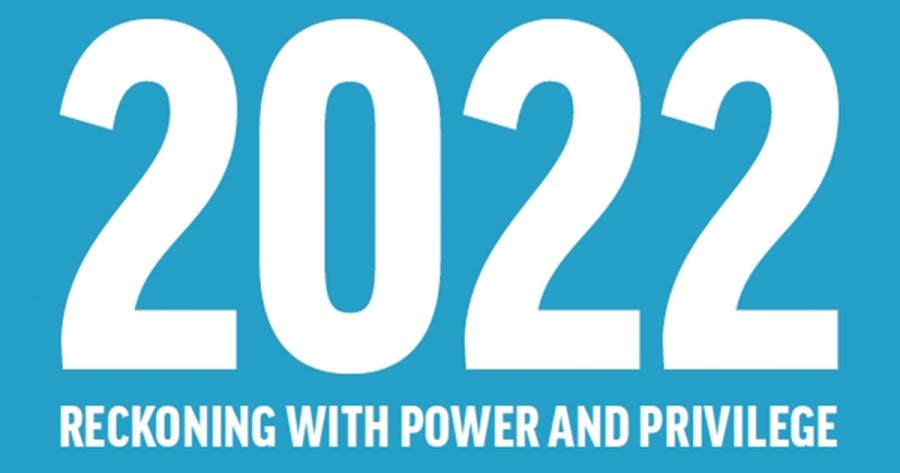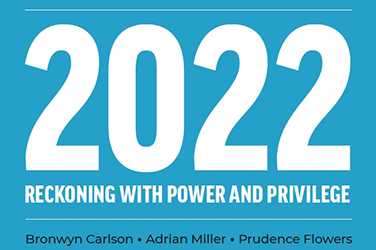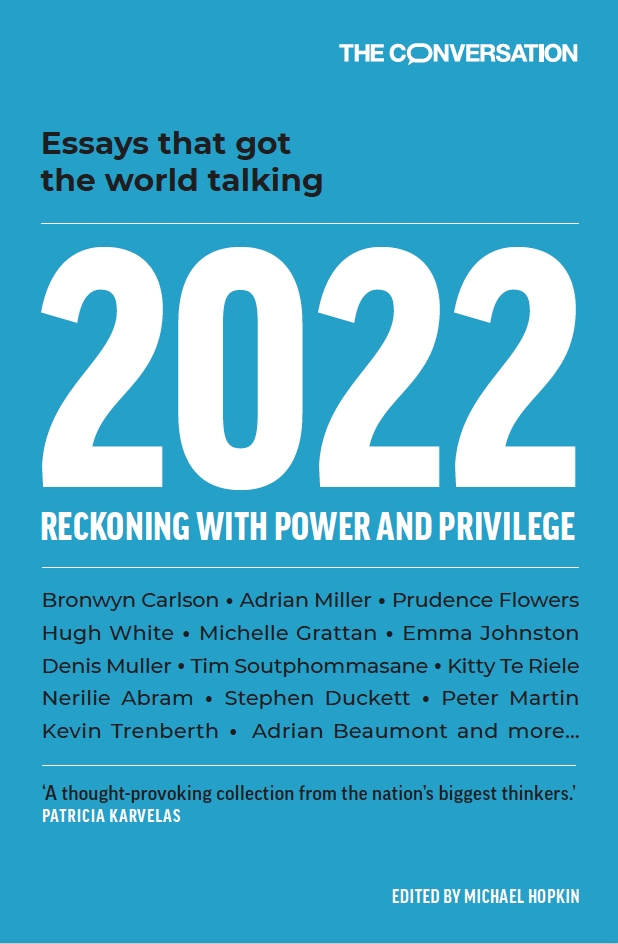
- Free Article: No
- Contents Category: Essay Collection
- Review Article: Yes
- Article Title: Flogs of war
- Article Subtitle: A missed opportunity from The Conversation
- Online Only: No
- Custom Highlight Text:
'Australia faces the real prospect of a war with China within three years that could involve a direct attack on our mainland.’ That was the opening line of a 2,174-word article – headlined ‘Australia “must prepare” for threat of China war’ and tagged with a ‘Red Alert’ graphic – that ran on the front pages of The Age and Sydney Morning Herald on 7 March. Next day, the authors of the ‘Red Alert’ special, journalists Peter Hartcher and Matthew Knott, ran a 2,241-word hypothetical about how a conflict over Taiwan could, within seventy-two hours, result in missile bombardments and cyberattacks against Australia. On the third day, Hartcher and Knott’s ‘Red Alert’ special concluded with a 2,278-word front-page piece on the steps that Australia needed to take to prepare for war with China.
- Featured Image (400px * 250px):

- Alt Tag (Featured Image): Joel Deane reviews '2022: Reckoning with power and privilege', edited by Michael Hopkin
- Book 1 Title: 2022
- Book 1 Subtitle: Reckoning with power and privilege
- Book 1 Biblio: Thames & Hudson, $32.99 pb, 240 pp
- Book 1 Cover Small (400 x 600):

- Book 1 Cover (800 x 1200):

If I were a cynic, I would say that ‘Red Alert’ was part of an orchestrated campaign to prepare the ground for the announcement on 14 March of Australia’s $368 billion deal to purchase three United States-built nuclear submarines and to build eight British-designed nuclear subs. For the record, I am not suggesting that Nine newspapers should ignore the national security implications of tensions between China (Australia’s number one trading partner) and the United States (Australia’s number one ally). What I am saying is that, on a subject of such importance, Nine’s decision to trumpet the Hartcher/Knott parvum opus is alarming.
Thirty-seven years after Bob Hawke’s decision to let Rupert Murdoch take control of the vast majority of Australian print media, twenty-seven years after the launch of Google, seventeen years after the launch of Twitter, five years after Nine’s acquisition of Fairfax newspapers, Australian journalism is in crisis. Newsrooms are controlled by too few owners, journalists are vastly outnumbered by think tanks with vested interests and public relations flacks, and media owners are cannibalising each other as they cut costs to survive in the brave new world of content aggregation and social media flame wars.
At first glance, none of this has anything to do with 2022: Reckoning with power and privilege, The Conversation’s selection of commentary published online last year. But the crisis in Australian journalism has everything to do with The Conversation and, by extension, this book.
Since launching in 2011, The Conversation has become Australia’s most influential dot-com start up. Its influence goes beyond the fact that The Conversation is a clearing house for independent, expert commentary and analysis that attracts 6.4 million independent reads a month. The Conversation – an Australian idea that started at the University of Melbourne – is now an international phenomenon, with chapters in Africa, Britain, Canada, Europe, France, Indonesia, New Zealand, Spain, and the United States. As such, The Conversation stands as a multinational bulwark against the kind of narrow-cast reporting seen in the ‘Red Alert’ special and the colonisation of newspaper Op-Ed pages by axe-grinding politicians, business leaders, and think-tank wonks.
All of which is why 2022: Reckoning with power and privilege is so disappointing. It is not that the authors or articles the book contains are substandard. On the contrary, editor Michael Hopkin chose many excellent pieces, such as Frank Bongiorno and Emily Millane on Scott Morrison’s multiple portfolios, Denis Muller on ‘sub-par’ journalism, and Michelle Arrow on Grace Tame at the National Press Club. But, taken as a whole, Hopkin’s book is limited in three ways. First, he creates an artificial frame by retrospectively grouping the essays as being all about ‘questions of power and privilege’, and thus shoehorns articles under eight ‘power’ headings that often (such as in the ‘power of technology’ section) don’t work. Second, he misses the opportunity to cherry-pick essays from some of the international editions of The Conversation and instead publishes pieces past their read-by date (such as an analysis of Boris Johnson’s premiership). Third, he doesn’t take full advantage of the possibilities of the print format.
For instance, why not have an index and adopt a subject-related format that enables essays on, say, Vladimir Putin to be grouped together? There is an assumption (and here I am speaking as a former website publisher) that online readers prefer shorter articles. In a book such as 2022: Reckoning with power and privilege, there is no reason to limit the length of articles. Why would you publish an article of just three pages on an issue as important as the First Nations’ Voice to parliament? Why not expand that article or group the piece with other, related essays?
Unfortunately, one of the book’s longest and opening essays, Michelle Grattan’s nine-page essay on the 2022 federal election, is a slog that simply rehashes the political plays of 2022 without adding anything new to a casual viewer of Insiders. I would have preferred to see more space given to expansive, exploratory essays such as Emma Shortis’s memoirish take on gun violence in the United States, which opens with the compelling line: ‘I have always been afraid of America.’
She’s not the only one.


Comments powered by CComment